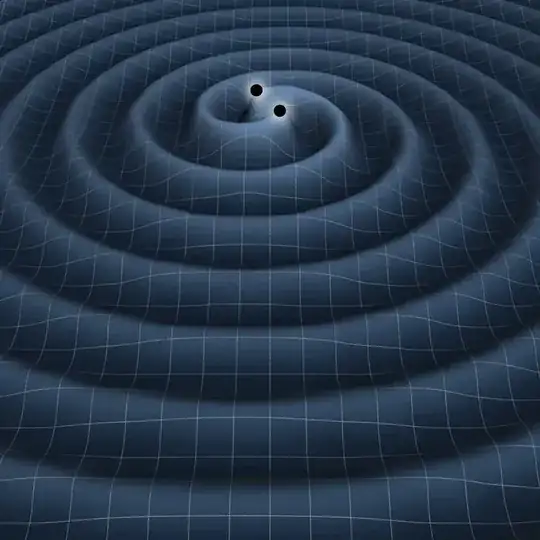Okay, I think I'll answer your question with a paper,
basically I'm doing a dissertation on Gamma Ray Bursts and Gravitational Waves. Look for a paper called 'Gravitational Wave Memory from Gamma Ray Bursts’ Jets'
It's not mine, I'm referencing it. Basically I think the answer is yes. You will get GWs in your direction if a jet from a gamma ray burst is pointed at you, from the acceleration of the matter. However this would be more symptomatic of Mildly relativistic Cyclotron Radiation rather than full on Synchotron, as the gamma factor is about 100-1000. But for massive 300M collapsars maybe. (sorry for all Jargon, but you wanted to know). However this radiation from these GRBs (Mergers or Stellar Collapse), would be masked by the GWs given out by the Burst, as its far greater in energy.
But to answer your q, Yeah I think they are analogous of eachother.
PS, I'm here cos I'm looking for the answer to this myself
